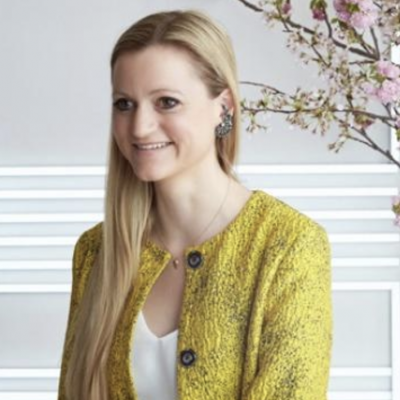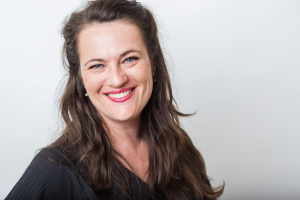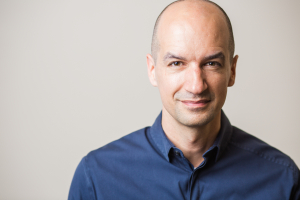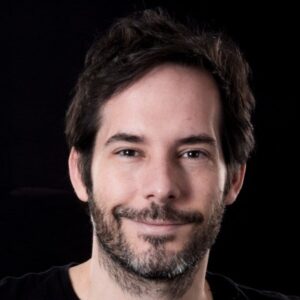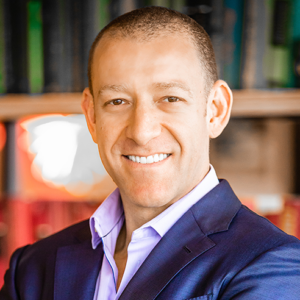Talk Summaries
The World as a Computer
Sophie will talk about the Earth becoming a computer, or a machine. Our home planet is being augmented to be capable of calculating things about itself, and about us. New sensing technologies are stretching the fabric of intelligence to include robots, satellites, and sensors, both powered by – and creating – huge amounts of data. Our lives are becoming increasingly entangled with robots, as our data powers their lives.
From tiny antbots to drones to orbiting satellites, we are materially changing the surface of our planet (and beyond!) with hardware and software. Terraforming our planet just as much as others plan to terraform Mars.
Machine intelligence now lives out in the wild, in our homes, offices, cities, farms, countries. These computational landscapes are starting to change how we understand and optimise life here on Earth – what we can know and what we can do. Finally, a new kind of intelligence is evolving from this planetary computer that we didn’t program in. Generative AI is one of the first examples of this emergence. As we can no longer lift the lid and see how it works, we need to ask some important questions about regulation, privacy, ethics, equity, and the ability to audit and control these new technologies. The role of humans in this brave new future will likely be a source of debate for years to come. Sophie will argue that we need a new science of intelligence to help us get to grips with our new robot buddies and our new robot home.
Simulations
Simulations and digital twins will power our largest assets, from wind turbines to airports to supply chains.
Vast amounts of data powers these new kinds of tools: simulations that can monitor and manage buildings, cities, ports. Even a virtual version of ourselves running in the cloud – alerting us to possible ‘maintenance’ needs
We will connect these simulations together using software, in the same way that we connected computers in the 90s. The resulting ‘physical internet’ will create huge software worlds that we can use to tackle climate change or pandemic management.
There is no autonomy (cars, robots, drones) without these synthetic brains. The intersection of AI with robotics and with synthetic environments is the holy trinity where the exciting stuff will happen.
As we build this shadow world, with digital replicas of our homes, our cities, and our bodies, Sophie will explore the profound questions that emerge as we hook up to the machine.
The Space Economy
Sophie will explore the technologies being developed for the new space race. Far from being just niche aerospace engineering, some may surprisingly hold the keys to solving some of Earth’s major challenges.
Not only are we already dependent on space for Earth’s key infrastructure, many critical new technologies (biotech, autonomy, cybersecurity…) are currently being tested off-Earth.
Extra-terrestrial innovation teems with opportunities to test novel manufacturing techniques or robotics in unusual conditions (low-gravity, high radiation, low temperatures). Experiments on cancer cells are conducted on the ISS, autonomous robots recently landed on Mars, solar sails offer the promise of ‘free’ energy in space.
Whether beaming power from space, connecting an interplanetary internet, or terraforming Earth to mitigate climate change – these innovations will shape our lives on our home planet just as much as they might make us a multi-planetary species.
It’s getting very busy in space, feeling sometimes like a cross between the Gold Rush and a giant laboratory. Sophie’s talk will explore how this bustling living lab might change our world
Quantum Computing
Quantum algorithms and hardware offer new power and new routes to answering complex questions. Whether novel chemistry, the foundations of biological life, battery innovations or supply chain complexity, this new compute architecture suggests we could unlock bottlenecks in science and tech using quantum muscle and brains.
Quantum sensing could transform global positioning and complement GPS, and so enable widespread robotic autonomy. Nearer term than quantum computing, quantum sensors will be integrated into our everyday lives, from soil sensing to cardiac diagnostics.


